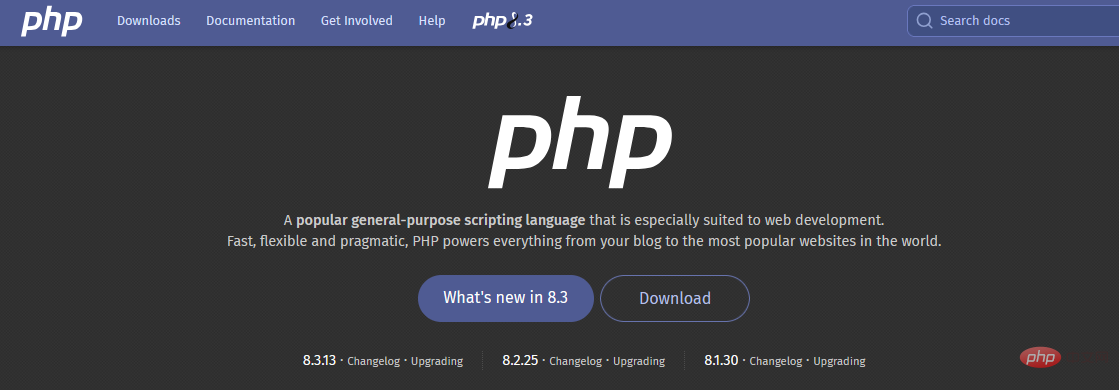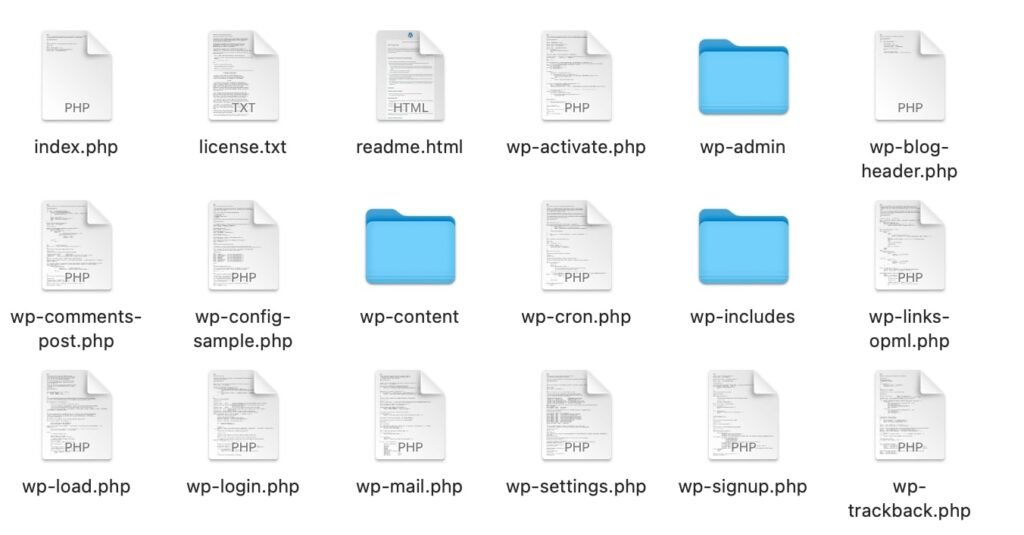
PHP is a programming language that has a relatively simple but versatile syntax, making it a great starting point for beginners. However, you might still be overwhelmed by the thought of implementing PHP code for the first time.
Fortunately, there are plenty of free resources you can use to learn PHP. Whether you watch a few YouTube tutorials or take an online course, you can quickly become familiar with this popular programming language.
In this post, we’ll introduce you to PHP and explain the benefits of learning it. Then, we’ll show you some easy ways to get started. Ready to dive in?
PHP (PHP: Hypertext Preprocessor) is a server-side scripting language used in web development. It’s currently used on 77.6% of websites, including Facebook, Wikipedia, and Instagram:

Like WordPress, PHP is open-source. Originally, it was used simply to build a personal homepage. However, since its creation in 1994, PHP has evolved to accommodate more dynamic websites.
The first thing you need to know about PHP programming is that it happens on the server. When someone tries to visit your website, your server will process its PHP code before sending any information to the browser.
This is what makes PHP different from other scripting languages. If you’re writing HTML or CSS, this code will affect the information visitors see in a browser. However, PHP code is processed before the content loads.
For example, a PHP script can be used as a source code for HTML. Here’s what the original PHP script can look like:
<title>PHP Test</title> <?php echo '<p>Hello World'; ?> In HTML, this will create the following output: <title>PHP Test</title> <p>Hello World</p>
When visitors view your website, they will see the “Hello World” message in their web browser. Although PHP is powered by HTML, front-end viewers will only experience the HTML output.
If you download WordPress, you’ll notice that many of the files are written in PHP. This is because PHP code is the framework for the WordPress software:

After creating a WordPress website, your site files are stored in a MySQL database. This contains all your website’s data, including your posts, plugins, and themes.
When someone clicks on your site link, their browser sends a request to your server. In WordPress, the server has to process PHP code to create HTML pages. Then, it can send the HTML code back to the visitor’s browser.
Similar to other programming languages, PHP has several versions. If you’re using an outdated version, you won’t receive important bug fixes or security updates.
As a WordPress user, it’s important to make sure to update your PHP version. WordPress recommends using PHP version 7.4 or greater. This can be the key to keeping your website fast and secure.
Other than updating the PHP version, some website owners may never touch this code. Since WordPress comes with built-in PHP files, you likely won’t need to learn this programming language to manage your website. That being said, there are many reasons why you may want to consider becoming an expert PHP coder.
Since PHP usage has been slowly declining in recent years, you might be wondering if it’s worth learning it. Although fewer websites have been using PHP, it remains the most popular server-side programming language. Plus, it is still a vital part of many Content Management Systems (CMSs).
In WordPress, PHP is the fundamental language behind all plugins and themes. When you want to modify these tools, you’ll likely need to use PHP coding.
Plus, PHP is easy to learn. Its syntax is similar to HTML and even uses some embedded HTML in its code. Since you can reuse blocks of code and built-in functions, PHP is one of the simplest programming languages.
Here are some additional advantages of learning PHP:
If you want to become a web developer, it’s important to learn PHP. When creating new WordPress plugins and themes, you’ll need to know how to build and edit PHP files.
Once you become familiar with this language, you can eventually become a PHP developer. In this position, you can write scripts to create and modify software for your clients.
However, knowing PHP can also help you pursue other career paths, such as:
As you progress through your career in PHP development, you can look for higher-paying positions like software development management. You can even pursue directorial roles and become an information technology director.
The above is the detailed content of How to Learn PHP. For more information, please follow other related articles on the PHP Chinese website!




